
For nearly four months, the Washington Post has been striving mightily to use the killing of Muslim Brotherhood fluffer and Osama bin Laden admirer Jamal Khashoggi to prevent the United States from establishing a Saudi-Israel alliance to stop the spread of Iranian influence in the Middle East. Khashoggi, it turned out, was neither a permanent US resident nor an actual Washington Post staffer. But he was able to live in an apartment he owned near Tysons Corner, VA (median household income, $101,587) on the $500/article pay he received from the Post. He also had extensive help in choosing topics and shaping his stories from someone with very close ties to the Qatari government. In fact, the posthumous article published under his byline appears to have been 100% ghostwritten. All of this calls into question just how complicit the Washington Post was in laundering Qatari and Muslim Brotherhood propaganda via its op-ed pages.
Since that revelation, more questions have been raised.
On November 9, the Washington Post published an article titled Houthi leader: We want peace for Yemen, but Saudi airstrikes must stop. The writer, Mohammed Ali al-Houthi, is the head of the Supreme Revolutionary Committee and directly responsible for the deliberate starvation of thousands of Yemenis be preventing the distribution of international food relief. He’s also an Iranian stooge which gives him something in common with Khashoggi’s paymasters. And he’s a big fan of America (see my colleague Sarah Lee’s post on this).
https://twitter.com/Doranimated/status/1080118226040877056
And he’s fond of child soldiers.
VIDEO: A video has surfaced showing militia leader Mohammed Ali al-#Houthi taking a joyride with young recruits.
The #WashingtonPost has been criticized for recently running an op-ed piece by al-Houthi on its pages.
Read more: https://t.co/bI2PyTY18e pic.twitter.com/Oin3dQnDAg
— Al Arabiya English (@AlArabiya_Eng) November 16, 2018
Muhammad al Houthi in another clip of interest. pic.twitter.com/oMskwVSZIZ
— Ali Shihabi (@aliShihabi) January 1, 2019
Interesting, the Washington Post manager responsible for fluffing al-Houthi was none other that Khashoggi’s handler editor, Karen Attiah.
Houthi leader Mohammed Ali al-Houthi: "The brutality of the Saudi regime was reflected in the murder of the journalist Jamal #Khashoggi. And it can be seen in the military escalation and airstrikes in Hodeida and other cities": https://t.co/pu7SDBRGHZ
— Karen Attiah (@KarenAttiah) November 9, 2018
Earlier this week, another op-ed, Why Egypt’s President Sissi is scared of CBS. The writer is Yehia Hamed. Hamed served in the government of ousted Islamist president, Mohamed Morsi. Hamed is also a major player in the Muslim Brotherhood. This is something that might have added context to the article.
Liberal outlets passionatly defend the Muslim #Brotherhood as a “moderate and pro-democracy”, but do their best to disguise the identity of the Brothers, from #Khashoggi to Yehia Hamed!
May be, deep down, liberals know that the Brotherhood neither moderate nor democrats.#Egypt— Nervana Mahmoud (@Nervana_1) January 9, 2019
An Alternative headline: Why the Washington Post is scared of stating that Yehia Hamed is a Muslim Brotherhood leader? https://t.co/1Trn87ZCGI
— Samuel Tadros (@Samueltadros) January 9, 2019
This problem isn’t even limited to international affairs:
Even in its coverage of American Islam, the Post has encouraged readers to see the terror-linked Council on American-Islamic Relations, or the Farrakhan-friendly Linda Sarsour, as credible voices of American Muslims. And yet these Islamists have no mandate from ordinary Muslims; instead, these extremists derive most of their legitimacy from media outlets blindly willing to homogenize minorities and declare their loudest voices to be representative leaders.
One can only hypothesize at the reasoning at the Post that has legitimized the voices of terrorists and Islamic extremists. But what can’t be doubted is that the Post has firmly allied itself with some of the most violent and repressive voices within Islam.
=========
=========
Like what you see? Then visit my story archive.
Follow @streiffredstate
I’m on Facebook. Drop by and join the fun there.
=========
=========

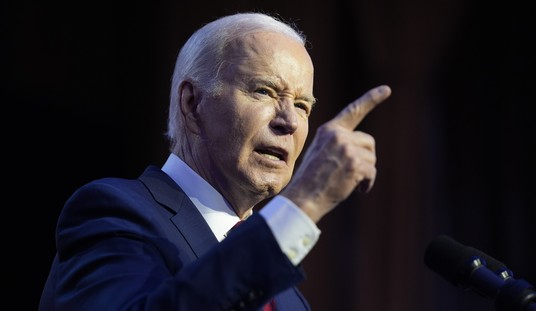

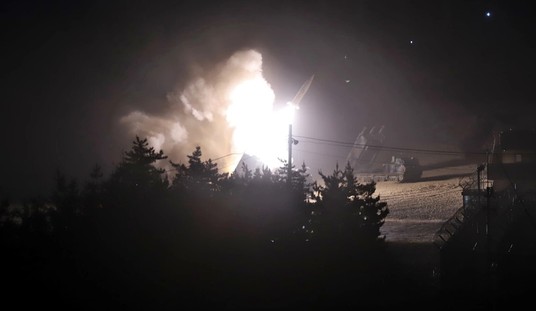

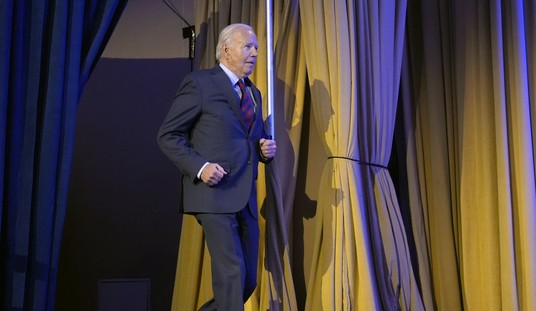

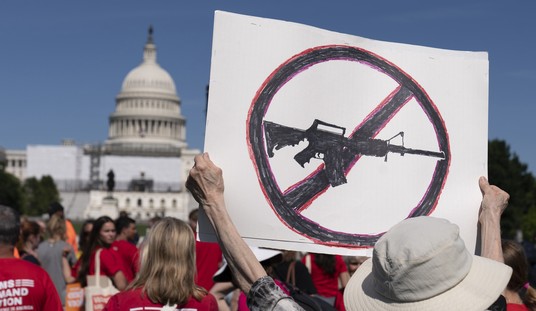
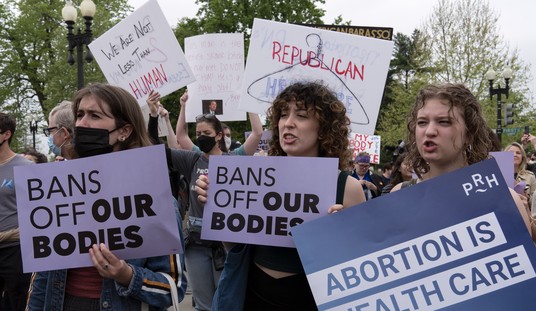
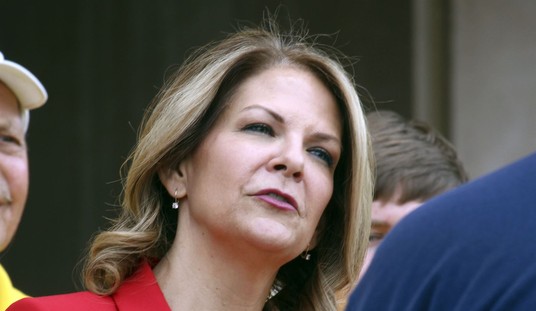




Join the conversation as a VIP Member